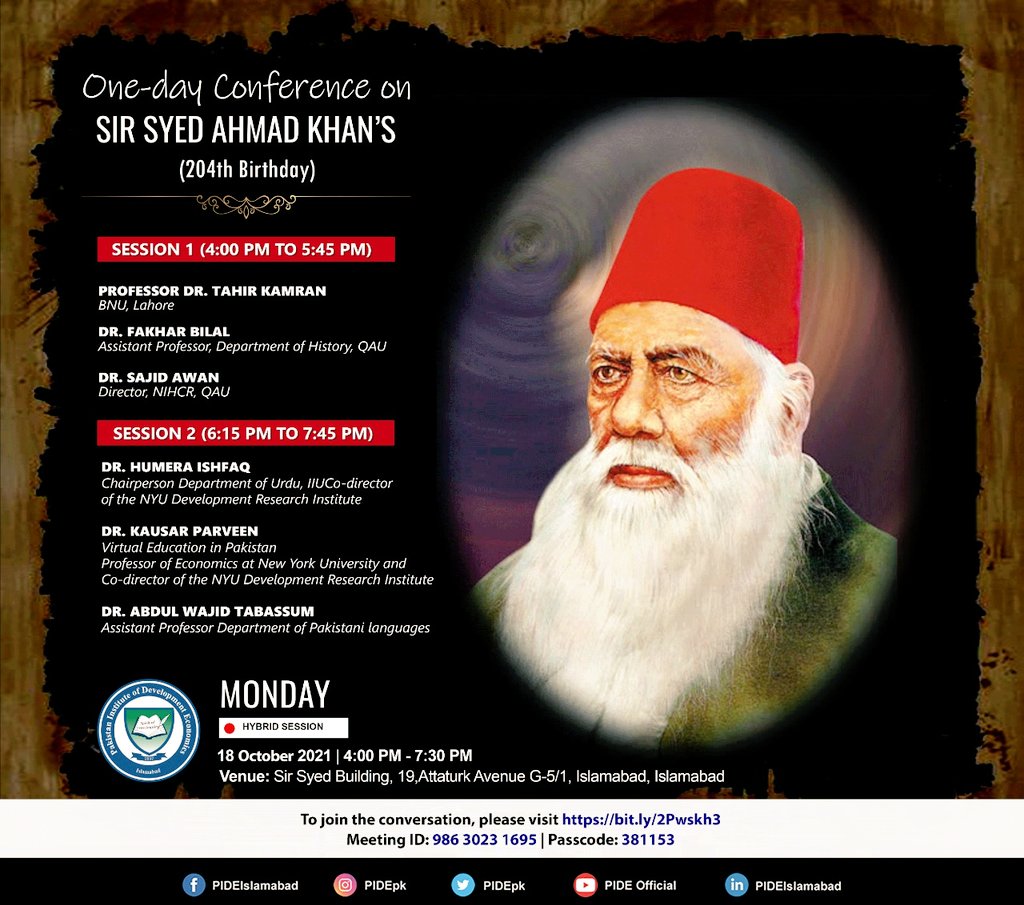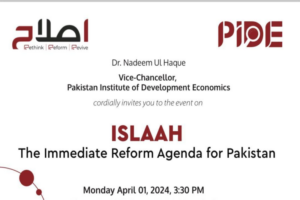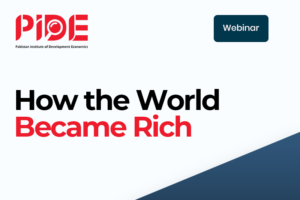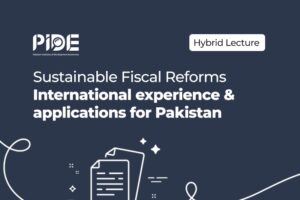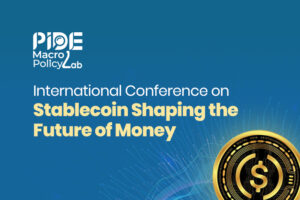Concept Note: One-day Conference on Sir Syed Ahmad Khan
19th Century Muslims in Colonial India called for a combination of the regressive Muslim structures, both cultural as well as political and the dominant arch representing Western intervention. Muslim culture, social ethos and epistemology had to be re-evaluated in the light of West’s newly set standards. Sir Syed Ahmad Khan (1817-1898) was the most prominent of such reformers along with Maulvi Chiragh Ali and Syed Amir Ali to name a few. For Sir Syed the yardstick for validity must come from the West. Thus, he strived to‘re-invent’ Muslim elan vital in North India therefore he could be called as the father of Muslim modernism in India. As opined by Dr Tahir Kamran,
“Sir Syed treaded Modernist path but did not go whole hog. He wielded the modernist influence but selectively. He did not turn his back on the Muslim tradition. The socio-political context in which Sir Syed grew up and the influences he imbibed in the first half of the 19th century had a greater impact on his writings, endeavors and institutions. His liberal values are based on kind of selective modernity where unlike Raja Ram Mohan Roy, who advised commoners to fully grasp Western liberal tradition to the optimal, he stressed upon elite/selective embrace of Western disposition like exclusion of women from education. Sir Syed’s prime concern remained Indian Muslims and he was in reactive mode vis a vis Christian missionary and the people like William Muir, who authored disparaging treatise on the Holy Prophet. While holding firm on the Supra natural status of God and the Quran, he seemed to have accommodated rationality in his epistemic trope but just as an instrument. Primacy for Sir Syed was revealed Truth, strongly entrenched in socio-political context.”
AGENDA
- On Sir Syed Ahmad Khan’ s contribution and reformism regarding Indian Muslim community, a One-Day Conference is organized under the auspice of PIDE, Islamabad and hosted on 18 October 2021.
- Six Papers/discussions will be made in TWO Sessions on same day along with an Introductory part of the Conference where two or three (President, Chief Guest and Host) speakers will discuss the significance/Objectives of the Conference.
First Session 4PM to 5.30 PM
| Prof. Dr. Tahir Kamran, BNU, Lahore | The Process of Decline and Muslim Reformers: Sir Syed Ahmad Khan |
| Dr. Fakhar Bilal, Assistant Professor, Department of History, QAU | Sir Syed ‘s Aligarh Movement: Lessons, Legacies for contemporary Thoughts |
| Dr. Sajid Awan, Director, NIHCR, QAU | Sir Syed’s Postmodernity viz-a-viz Indian Modernity: A literal Critique |
Second Session 6PM to 7.30PM
| Dr. Humera Ishfaq, Chairperson Department of Urdu, IIU | نو آبادیاتی ہندوستان میں تعلیم نسواں کے مباحث اور سر سید احمد خان |
| Dr. Kausar Parveen, Assistant Professor Department of History, AIOU | Reciprocal Relationships of Archaeology and History: A Case study of Asar-al-Sandid |
| Dr. Abdul Wajid Tabassum, Assistant Professor Department of Pakistani languages | مضامین سر سید کا تہذیبی ، موضوعاتی اور ادبی تنوع |


